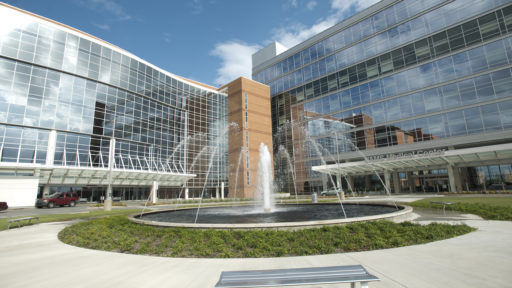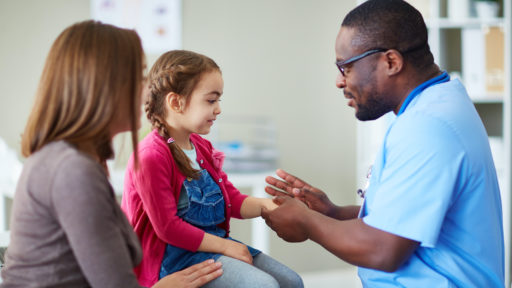Also called: UTI; Bladder Infection
Urinary tract infections (UTIs) are the second most common type of infection in the body. A UTI can affect any area of the urinary system, which consists of the kidneys, ureters, bladder and urethra.
Causes and Symptoms of UTIs
Most UTIs are caused by bacteria from the bowel or digestive system, such as E. coli. An infection occurs when bacteria cling to the opening of the urethra that carries urine from the bladder to outside of the body begin to multiply.
Symptoms of a UTI vary by age and gender. The following are the most common symptoms of an infection:
- Frequent urination
- Fatigue, tiredness or shakiness
- Burning or pain when urinating
- Uncomfortable pressure in lower abdomen
- Urine that is cloudy, reddish or has a foul smell
- Pain in the back or side
- Nausea and/or vomiting
- Fever
- Muscle aches
Women are more prone to getting urinary tract infections than men because a woman’s urethra is shorter, allowing bacteria quicker access to the bladder, and is located close to the sources of bacteria in the body.
Others who are at risk for developing an infection include the following:
- Those with spinal cord injuries and other nerve damage around the bladder
- Those with an abnormality of the urinary tract, such as a kidney stone or enlarged prostate
- Those with diabetes or problems with the immune system
- Those with catheters or tubes placed in the urethra or bladder
Although most UTIs are not serious, they can lead to more serious problems such as kidney infections. Chronic kidney infections can cause permanent damage to the kidney.
Diagnosis, Treatment and Prevention
Doctors diagnose UTIs by taking a urine sample. If you have recurrent UTIs, your doctor may conduct additional testing that may include a kidney and bladder ultrasound, CT scan, MRI or cystoscopy.
Treatments for UTIs usually include taking a prescribed medication and making lifestyle changes such as drinking more water, avoiding coffee, alcohol and spicy foods, and not smoking.
To prevent a urinary tract infection, consider the following:
- Drink plenty of water and drinks with vitamin C such as cranberry juice.
- Urinate when you feel the need.
- Take showers instead of tub baths.
- Cleanse the genital area thoroughly and regularly.
- Avoid using feminine hygiene sprays.




